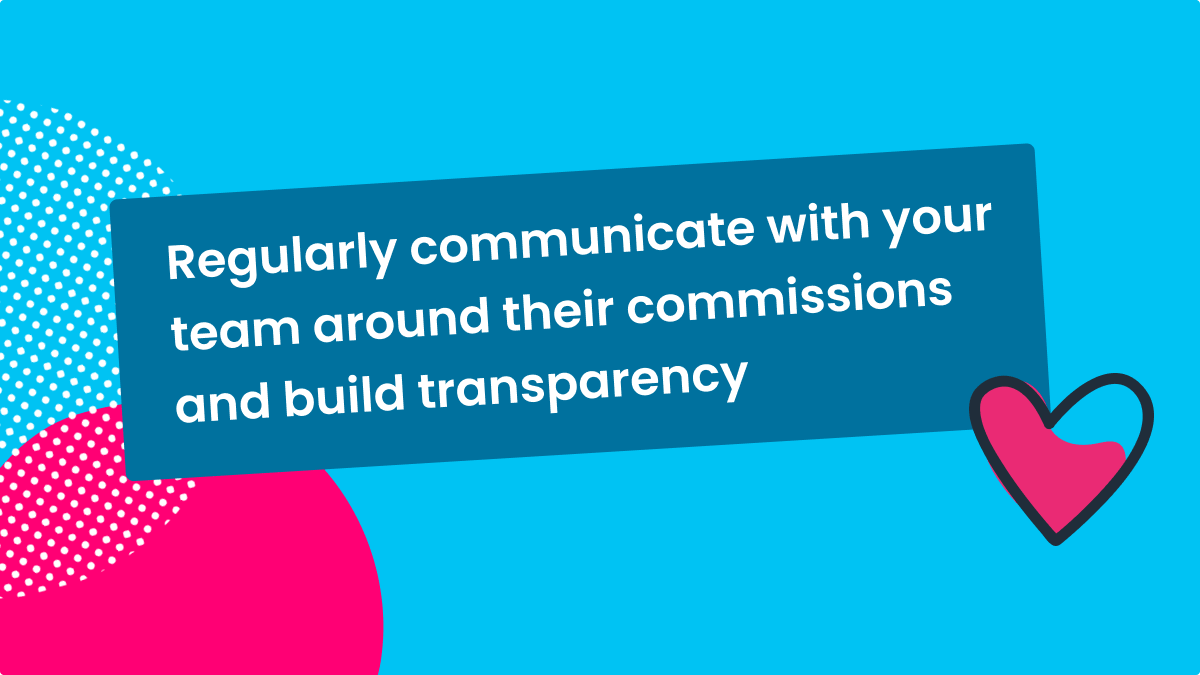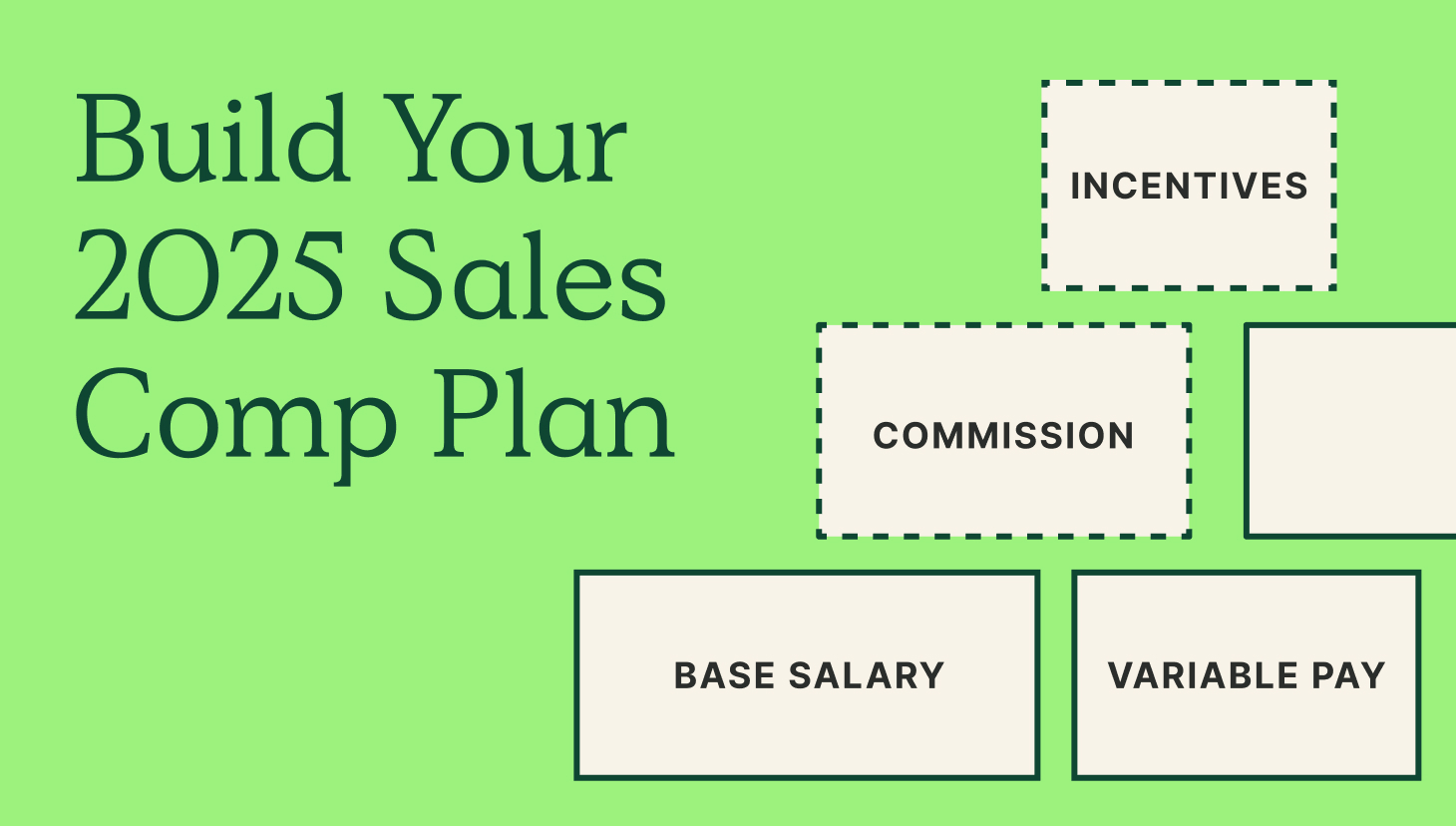Leaders may disagree on including sales compensation elements such as clawbacks, cliffs, and decelerators, but one thing they can agree on is that the topic of pay is an emotional one.
Dealing with people’s pay is something that’s extremely sensitive. It’s something you don’t want to get wrong — and, frankly, can’t get wrong.
That’s why it’s critical that you regularly communicate with your team about their commissions and build transparency around your compensation processes. Because when done wrong, unhappy reps and mass exoduses follow.
Mark Roberge, for instance, witnessed this firsthand.
The Managing Partner at Stage 2 Capital and former HubSpot CRO once received more than 10 account executive resumes from the same company after it issued a new sales compensation plan.
Put yourself in that position for a moment.
Your sales compensation plan caused an immediate knee-jerk reaction that sent a dozen reps fleeing to another company.
How would you recover?
“Money is emotional,” said Hilary Headlee, EVP, Sales + Customer Success COE at Insight Partners. “You’re playing with people’s money and their livelihood.”
When Hilary ran Sales Ops previously, balancing the emotional element of compensation was one of the trickiest pieces, she said.
“There’s a perception that sales is coin operated, in it for the money, and that they have tons of money,” Hilary said. “But when you talk to these folks, you learn that maybe they’re taking care of their parents and three kids or siblings, or paying off a horrible medical bill.”
“It’s not always what it seems,” she added.
In doing so, you’ll gain a deeper understanding of what motivates them and why. This can influence your coaching approaches and compensation strategy.
Begin comp plan design with the leaders closest to the reps
“There tend to be misaligned goals with comp plans in terms of what the company wants and what the individuals want,” Kevin “KD” Dorsey said, when asked what the biggest challenge around sales compensation is.
The Sales Leader, Advisor, and Coach at Winning By Design added that to ensure a human approach makes it into your comp plan, get the people closest to the sales team involved early.
“You have to understand how individuals make decisions,” KD said.
When you have your company’s Finance team control the comp plan design from the jump, you risk a plan that only benefits the company.
“If the plan is built by someone that does not understand Sales, salespeople, and the sales process, the plan itself almost always breaks,” KD said. “Because it’s just built with assumptions that aren’t real or things that are not achievable.”
Ensure your compensation planning process includes a human element
As we wrap up, remember that your compensation strategy is more than a variable pay structure. It’s a motivational tool and a way to align and reward your reps to your company’s business goals.
But in order to leverage it as motivation, you must first understand what motivates your team. And that starts with empathy and a human approach.
With that, we leave you with this quote from Co-Founder of Climate Club, Philip Charm:
“Compensation is part of the core foundation of trust between the company and the individuals.”
For help with compensation planning, visit our free resource, Compensation Hub. To learn more about QuotaPath’s commission tracking and compensation management software, book a time with our team for a chat.



